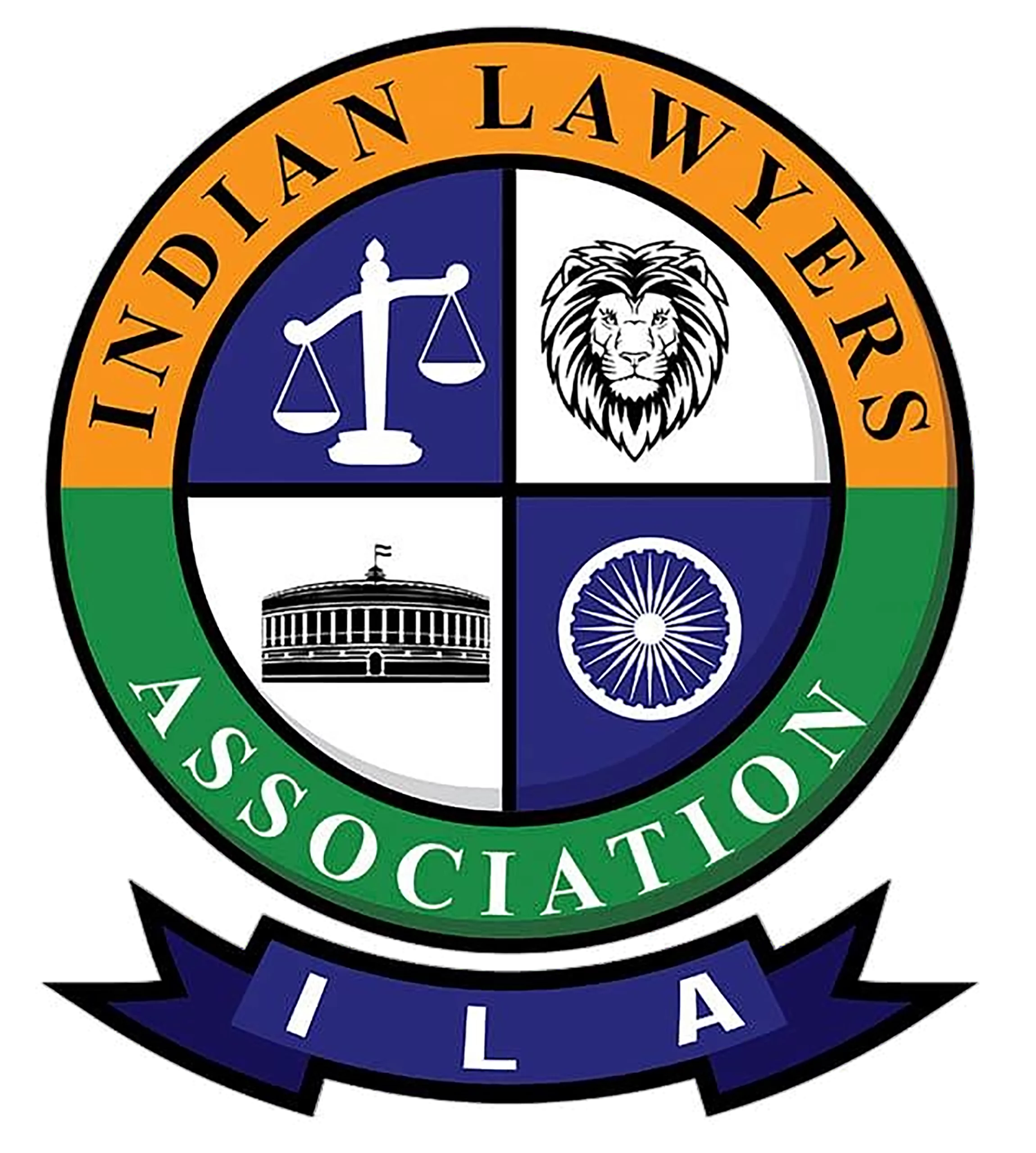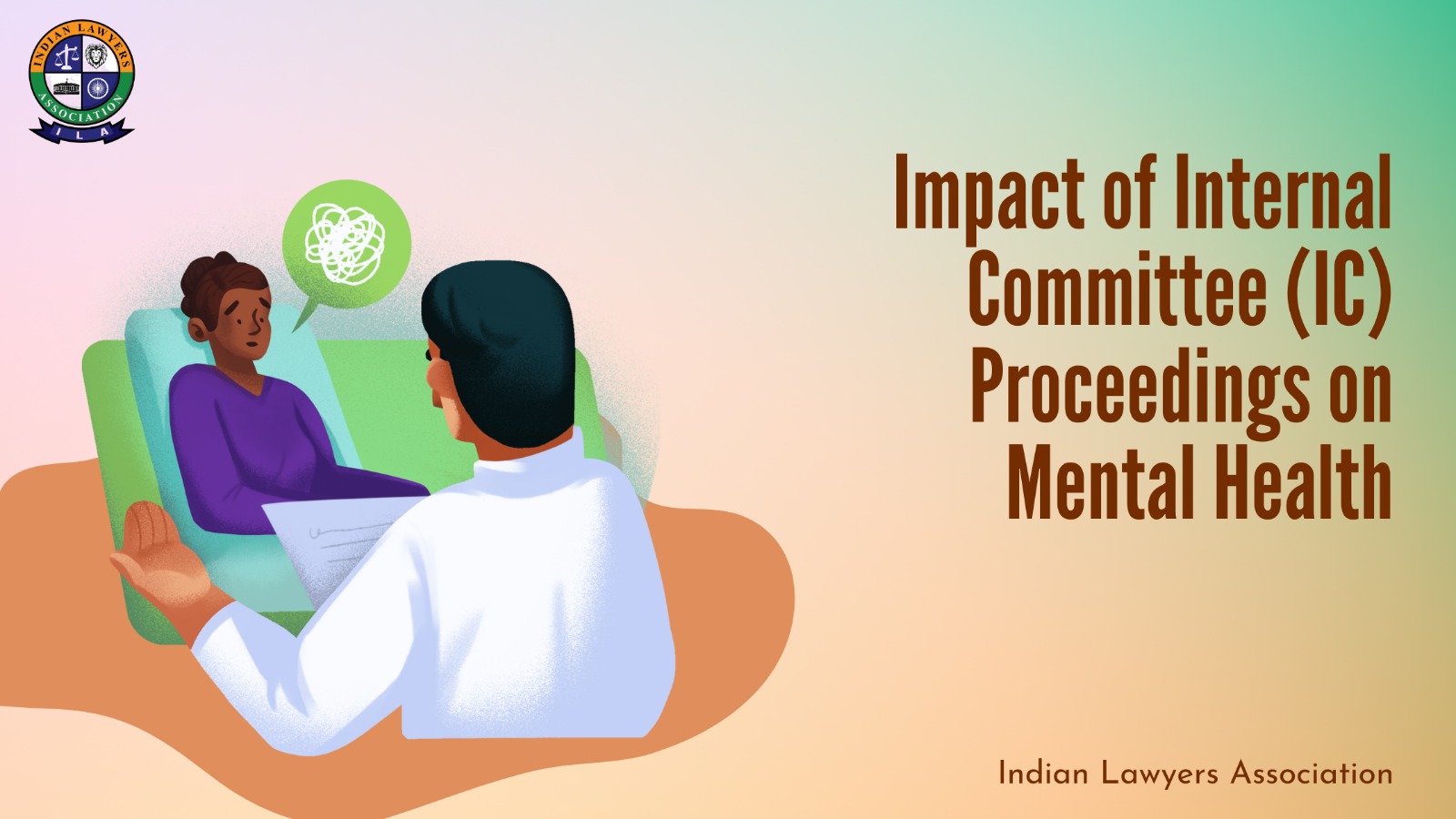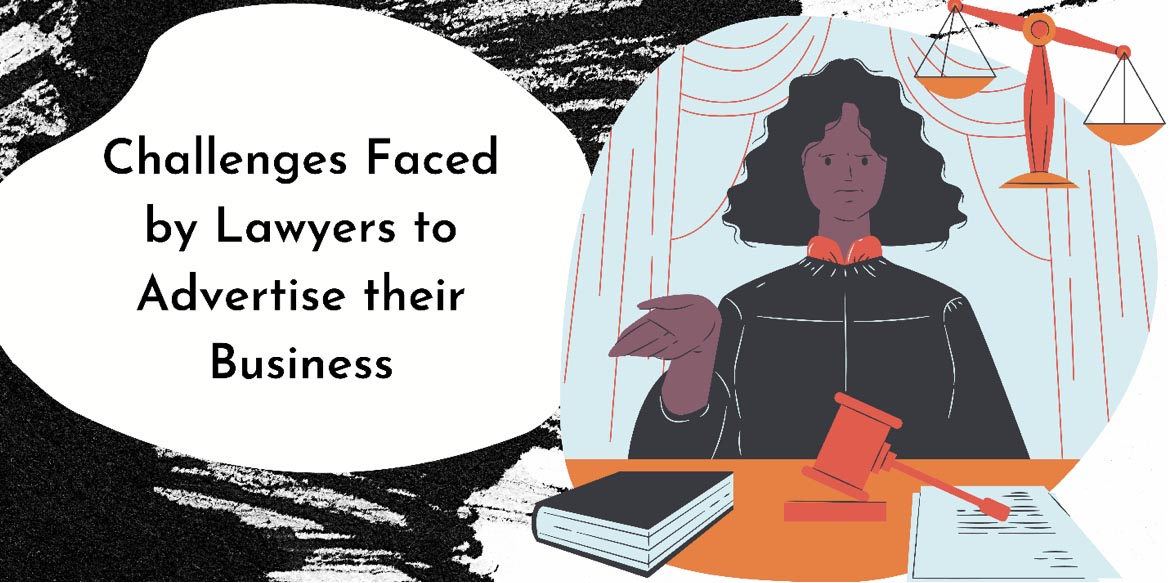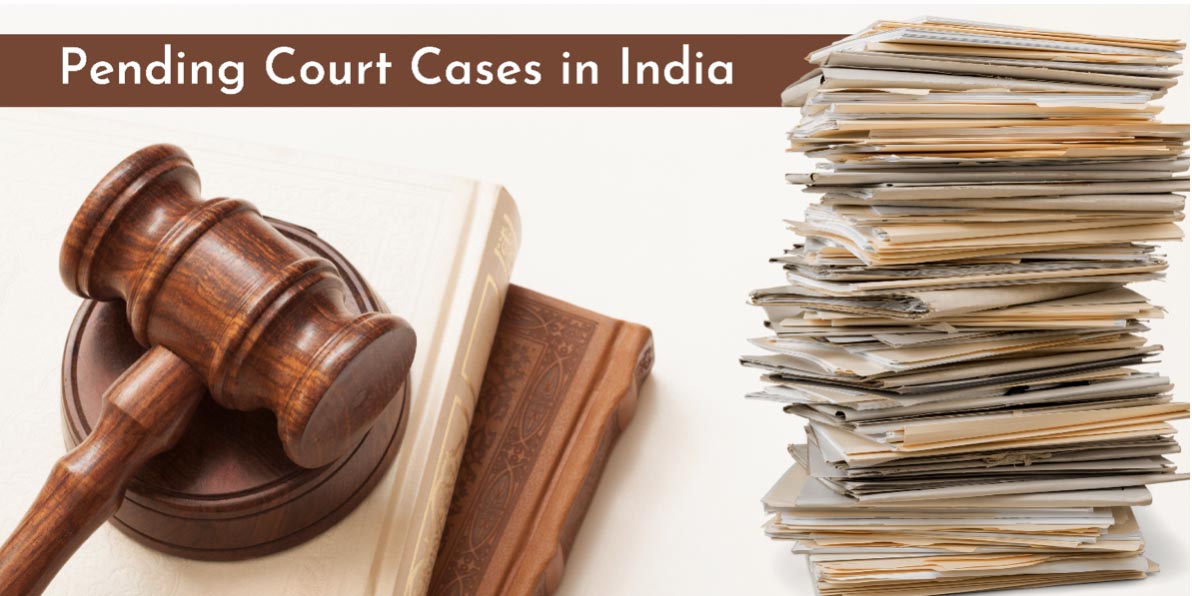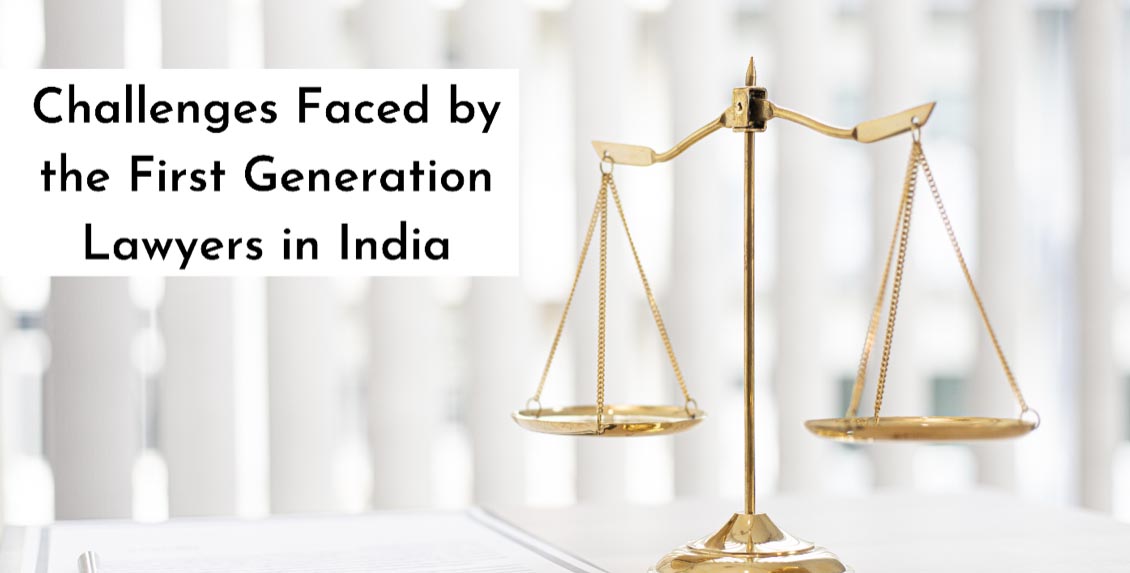While the IC proceedings are crucial for addressing and preventing such incidents, they can also have an impact on the mental health of both the complainant and the accused, as well as other individuals involved. Mental health in the context of IC proceedings is often overlooked or downplayed.
The occurrences where an unusual incident in a committee meeting where an external member expressed stress about the proceedings, are not rare.
As IC members, what steps can be taken to manage such scenarios?
Panic attacks, experienced by anyone in high-stress situations, warrant empathy. Irrespective of whether someone is a victim or respondent, guilty or innocent, acknowledging this human experience is essential. IC members are trained to handle such situations. They reassure both parties that the proceedings aim not only to support the victim but also uncover the truth. Maintaining an impartial and unbiased stance helps create comfort. While being cognizant of mental health isn’t legally mandated, some companies establish counselling boards to ensure both parties’ well-being.
This leads to the question of how much involvement is appropriate from external or internal committees, given that proceedings are legally confidential. In the legal field, detachment from victims is advised, yet listening to deeply personal traumas challenges this. Legal experts suggest that India must adopt the effective trauma-handling training which is already used outside India effectively.
Moreover, recognizing when to seek mental health help is vital. Companies should openly discuss coping with mental challenges during induction or interviews. Such conversations foster understanding of the need for counsellors. During stress, individuals should identify and address their emotional state; seeking counselling when unable to cope is crucial. Acceptance of mental health struggles, hindered by factors like gender and upbringing, is imperative. Open conversations, both online and offline, facilitate connections and problem-sharing, not necessarily with counsellors but also friends.
So, when is it in IC Proceedings that we can identify whether the person is really going through a panic attack or a stressful event or is trying to pretend for sympathy? To identify such behaviour, we need to develop an assertive behaviour and by time we recognize whether the person is pretending or not.
In conclusion we can say that to help people with their mental health during the stressful events like IC proceedings, it is very important to talk about it openly without supressing it within which will adversely affect our minds.
We at Indian Lawyers Association (ILA) undertook a session on this important topic, where experts Sujatha T, Kanisshka Tyagi, and Radhika Dubey came together to share their thoughts and experiences. This session was hosted in association with KelpHR, and Ms. Smita Shetty Kapoor, Co-Founder and CEO moderated this event. Watch the recording at https://www.youtube.com/watch?v=qsVY26DC5Aw&t=2s
